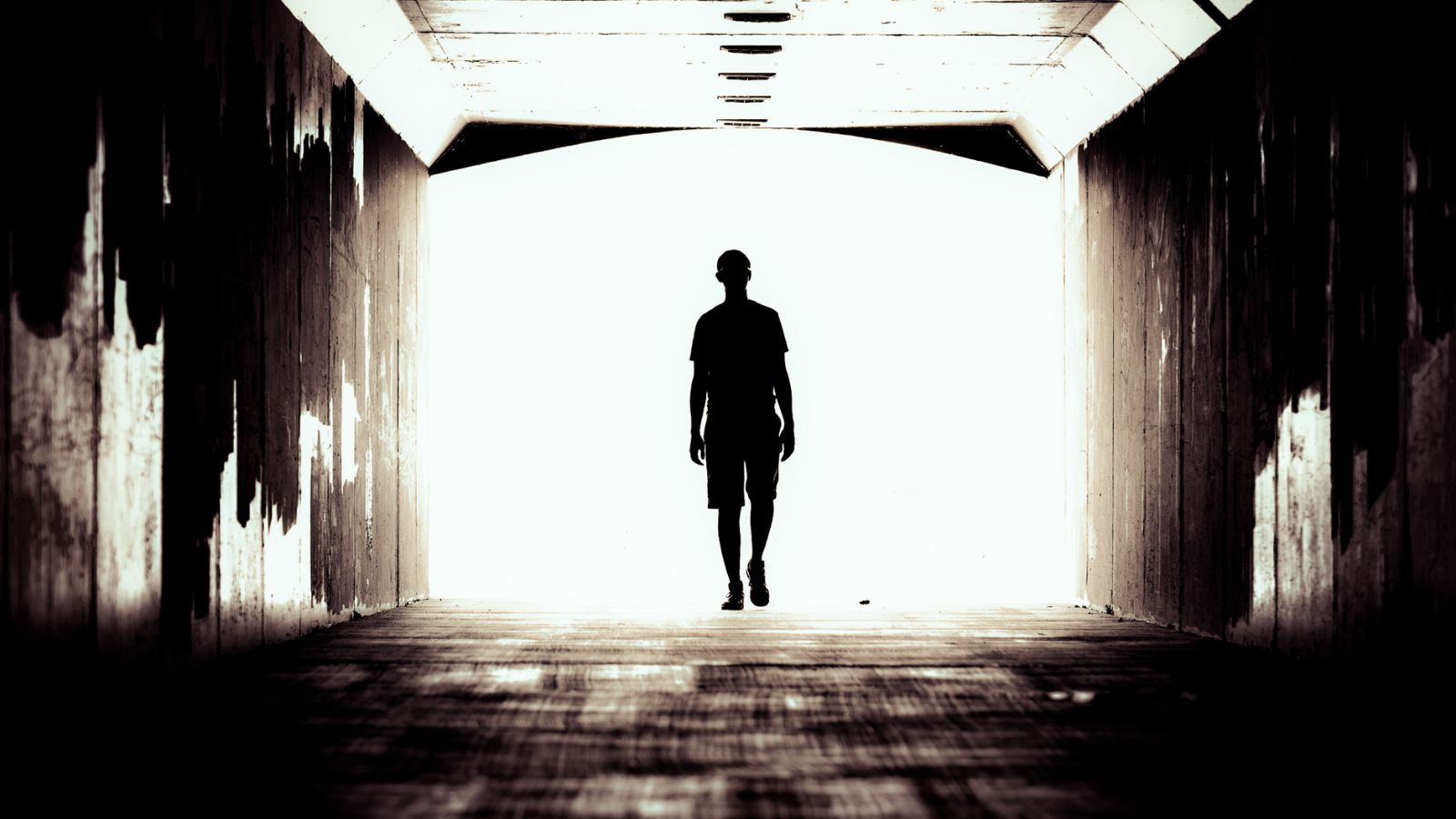Whether you agree with them or not, atheists have some pretty fascinating theories on what happens after we die. While some people mistakenly think that they all share the same pessimistic perspective, this is far from the truth. This list reveals 19 different ideas atheists have about the nature of death and what might follow.
Eternal Oblivion
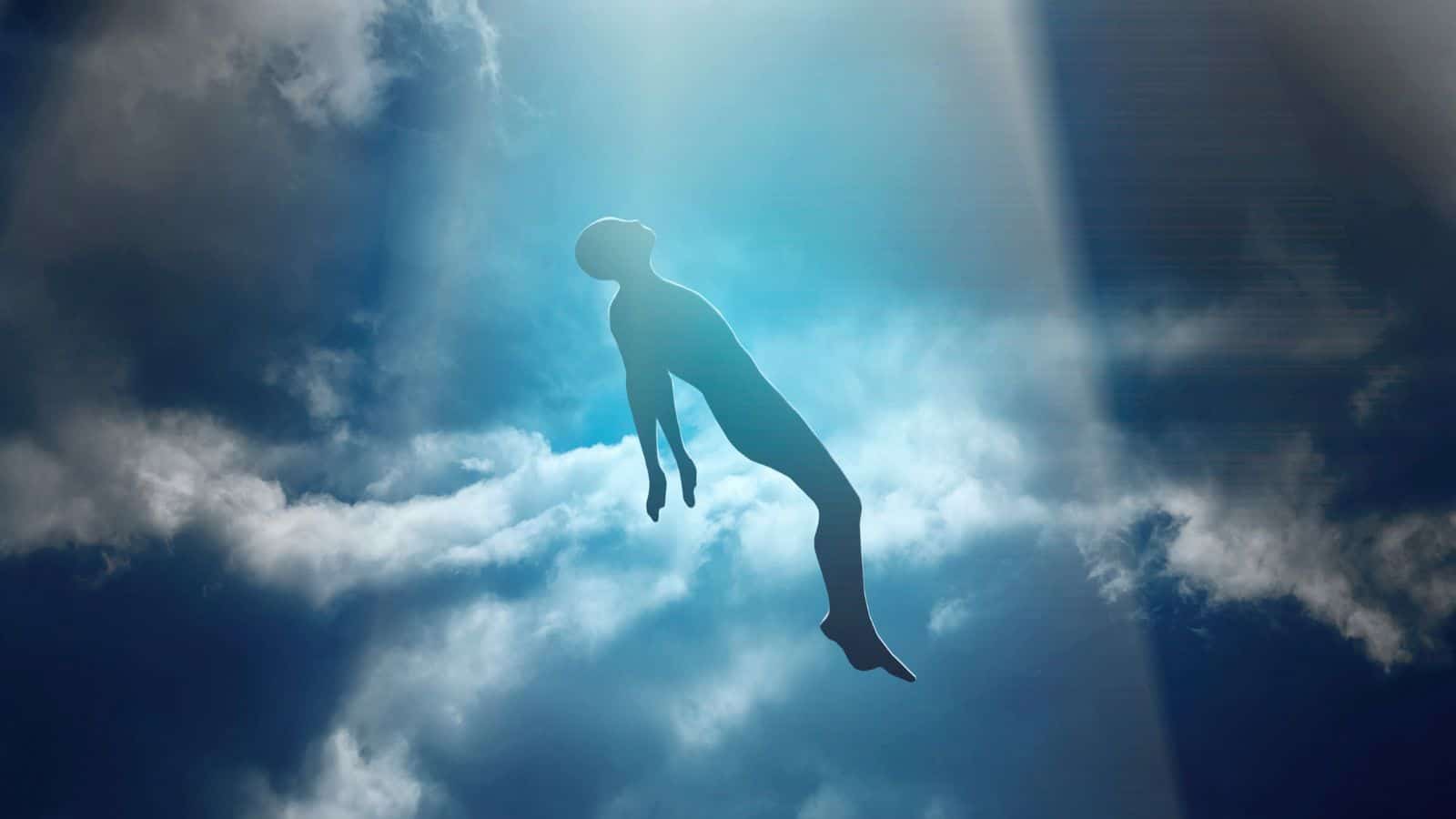
Many atheists think that when we die, we simply stop existing—like an eternal sleep without dreams, thoughts, or sensations. This idea of nothingness is quite different from religious beliefs about an afterlife. However, not all atheists view this concept negatively. For example, David Hume sees it as a simple return to the state we were in before we were born.
Biological Recycling
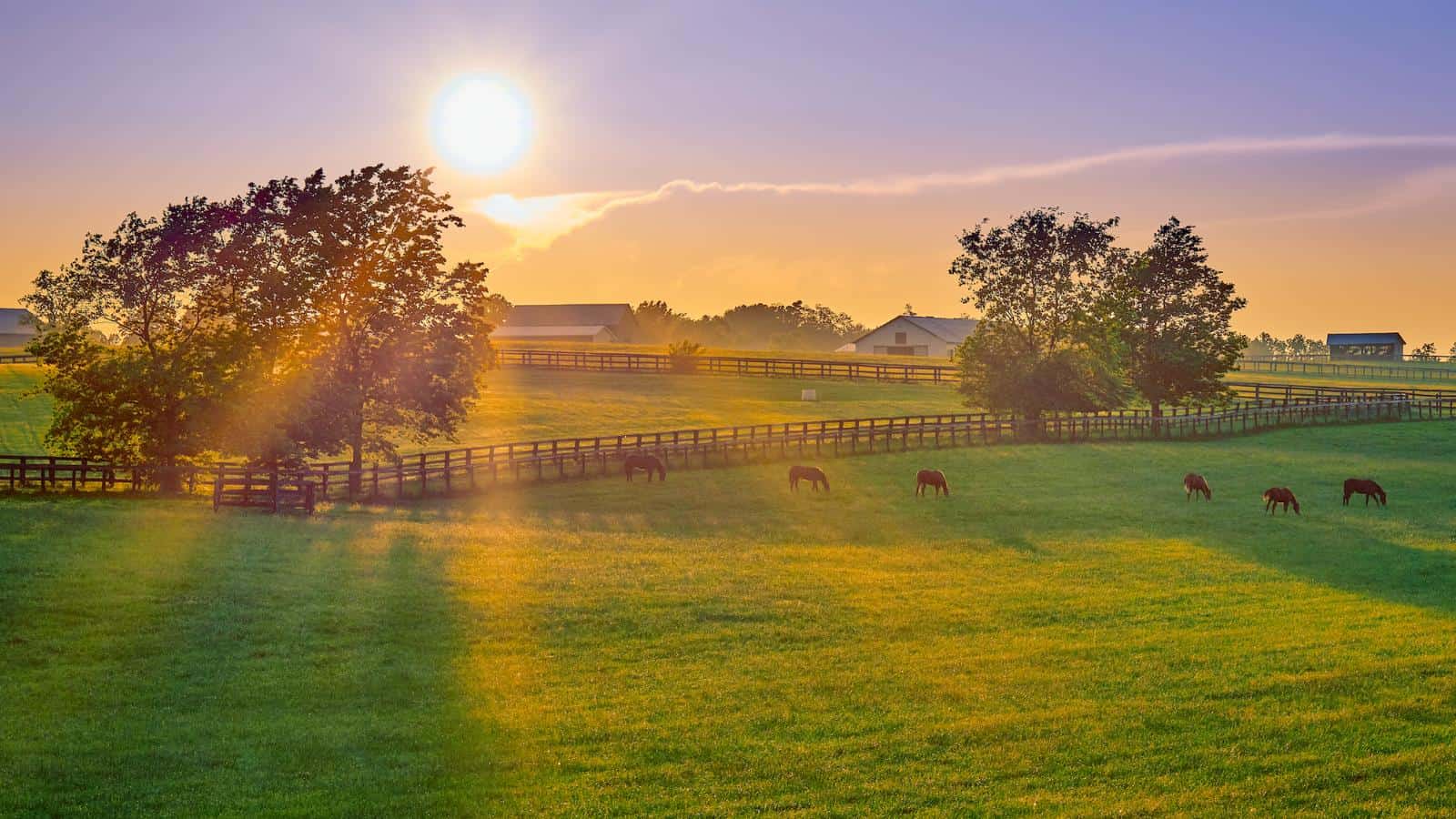
Another common atheist theory suggests that after death, the body decomposes and returns to the earth. This process allows for the recycling of biological matter and the creation of new life forms. A lot of people view this as a fairly positive concept, as it highlights the cyclical, never-ending nature of life and death within the natural world.
Continuation of Legacy

Some atheists find meaning in the idea that one’s legacy continues after death. Actions, ideas, and memories live on through family, friends, and society. While personal consciousness ends, the impact on the world remains, which can provide a sense of continuity beyond your individual existence.
Energy Transformation

A lot of people find comfort in the idea that the energy in our bodies transforms after we die. According to this idea, which is based on the laws of physics, our energy simply disperses into the environment. This is a naturalistic perspective that fits well with scientific principles about what happens after death.
Mind-Body Connection
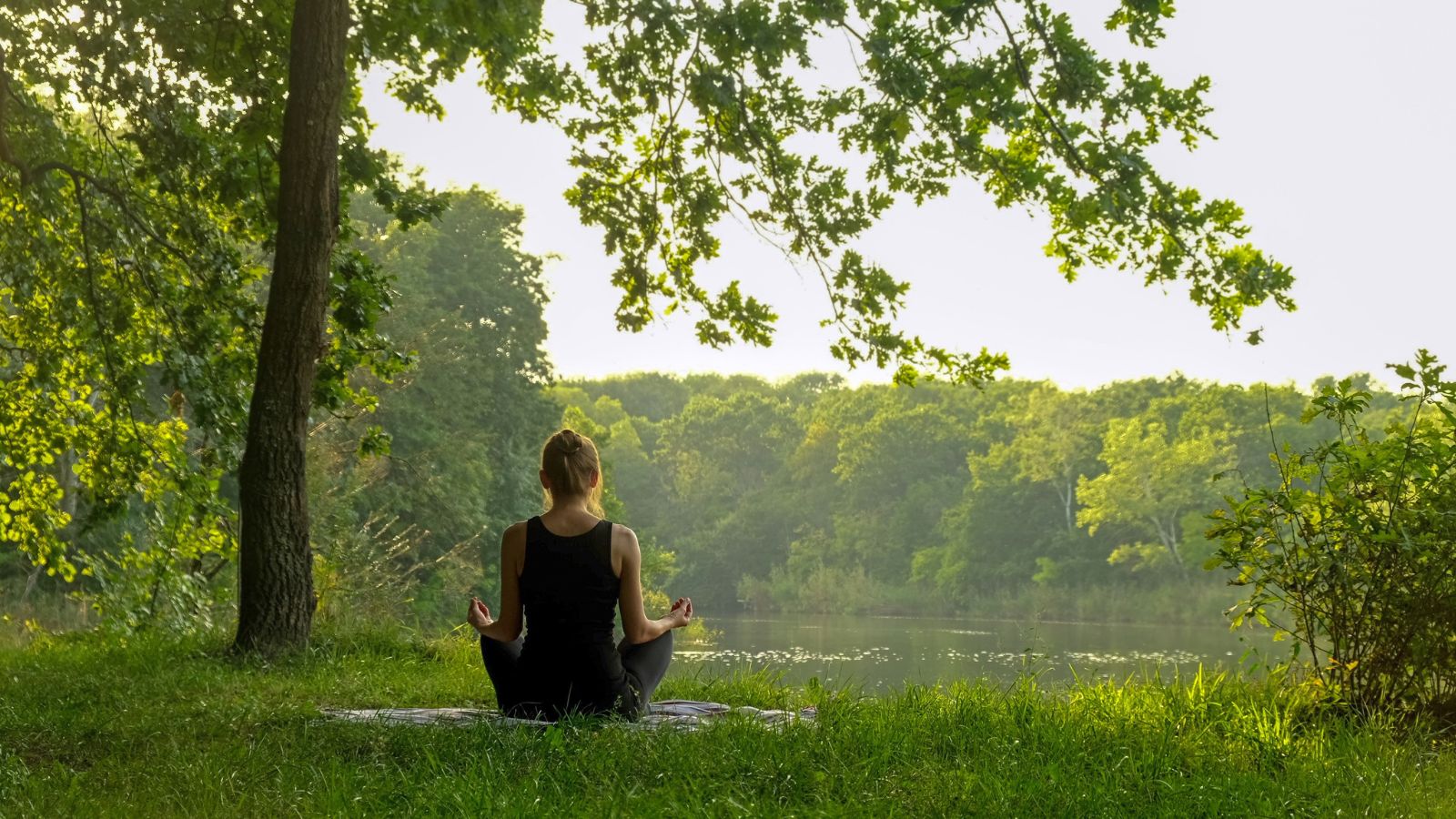
The mind-body connection is another idea atheists find fascinating to think about. Leading theories about consciousness suggest that our mind comes from physical processes in the brain. When these processes stop at death, so does consciousness, which fits with atheists’ materialistic view of existence.
Emphasis on the Present

You don’t have to be an atheist to appreciate the many benefits of living in the present moment. However, many atheist perspectives on death do highlight the importance of making the most of one’s time on earth. This emphasis encourages living fully and ethically, knowing that this life is the only one we have.
Cultural Narratives
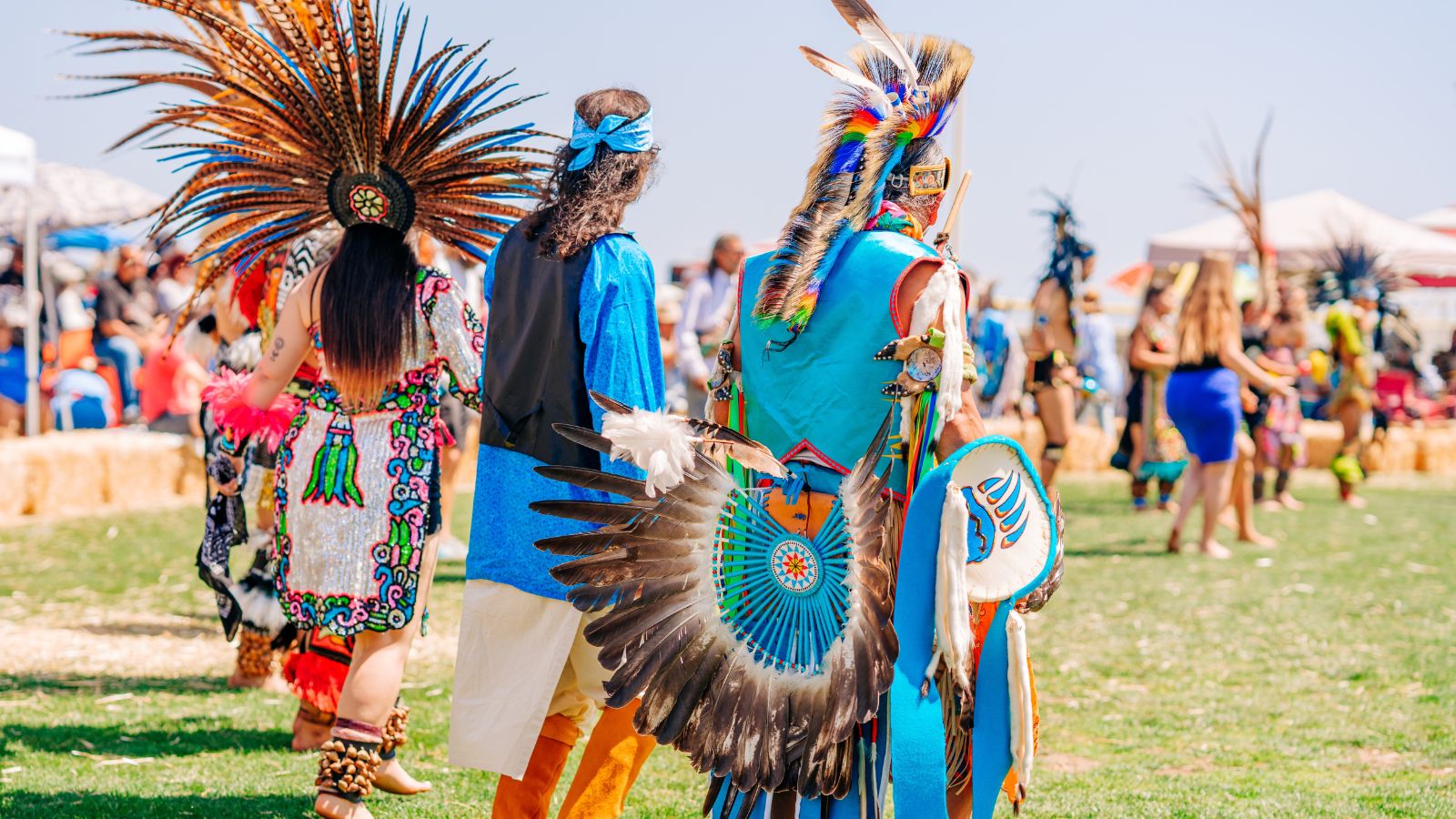
Atheists often recognize the role of cultural narratives in shaping beliefs about death. These narratives influence how societies understand and cope with mortality. This also helps atheists appreciate the diversity of human experience and the various ways people find meaning in life and death.
Scientific Inquiry
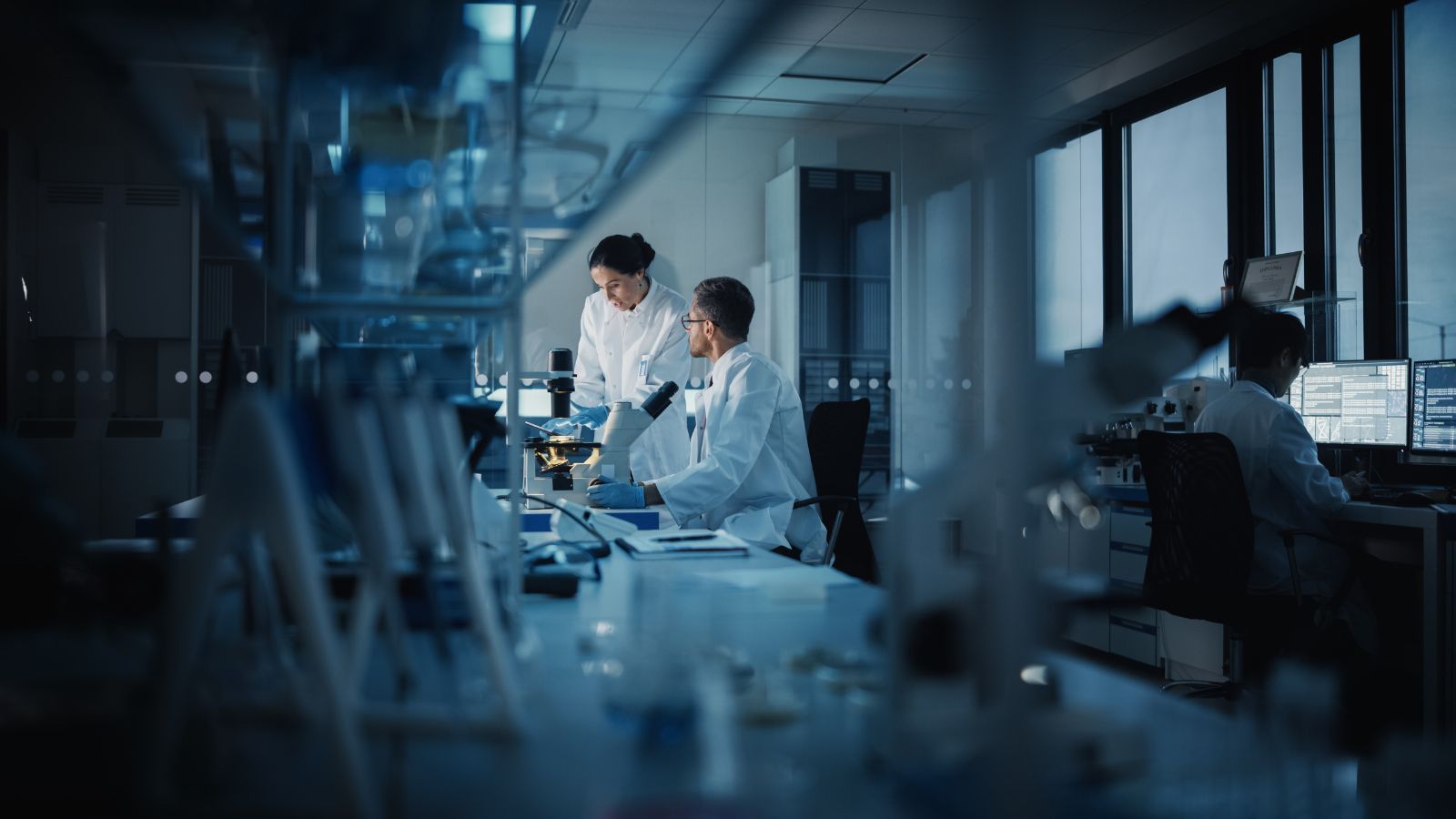
Many atheists rely on scientific inquiry to understand death. Research in fields like neurology and biology offers insights into the processes of dying and decomposition. While you might find these ideas a little morbid to think about, this practical approach helps some people understand death without needing supernatural explanations.
Cosmic Perspective
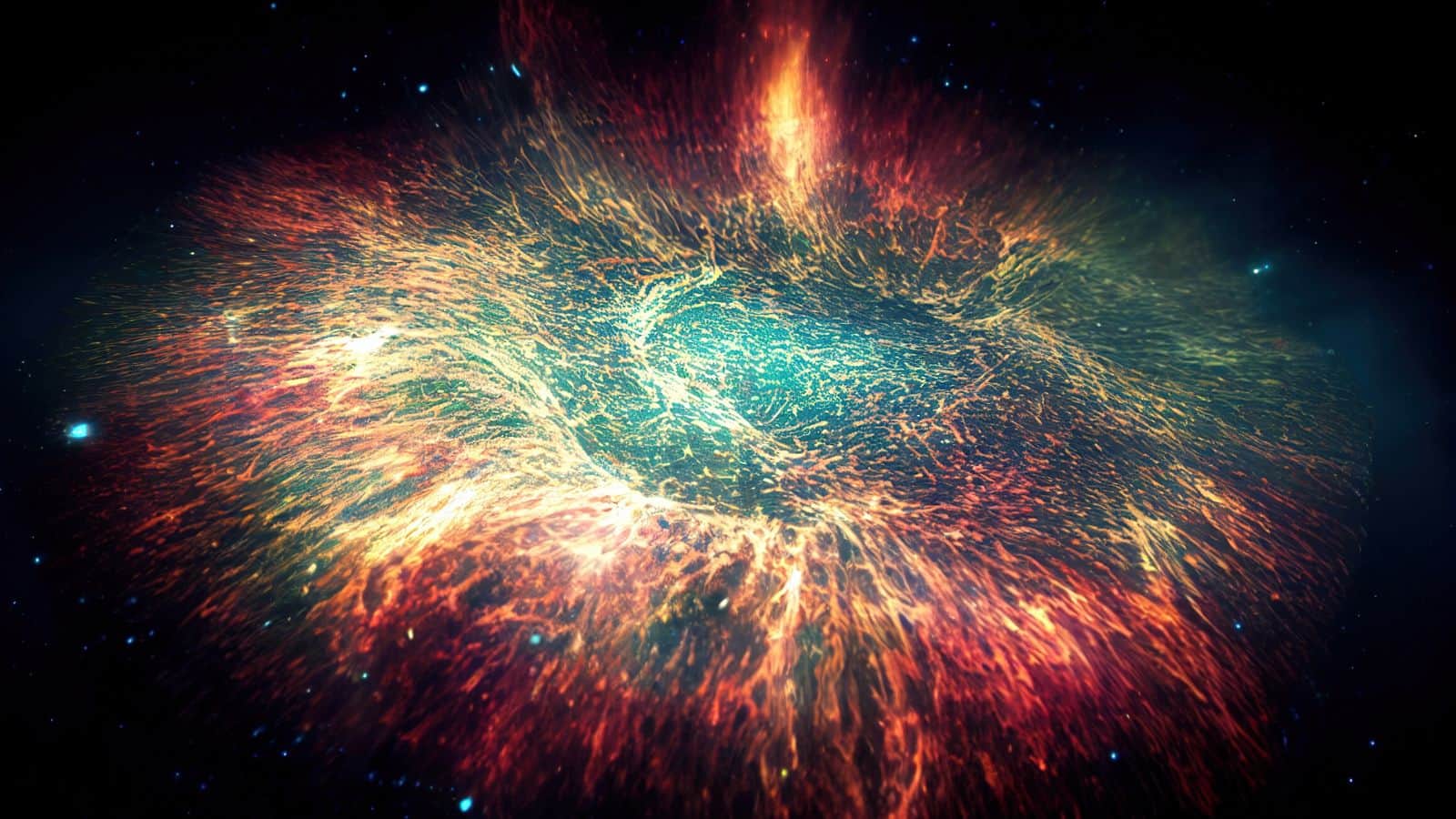
Viewing death from a cosmic perspective is another atheist theory. Considering the vastness of the universe and the brevity of human life can lead to a humbling realization of our place in the cosmos. This perspective fosters a sense of awe and acceptance of mortality.
Psychological Comfort

For some atheists, theories about death provide psychological comfort. They are able to come to terms with the idea that consciousness comes to an end, which reduces their fear and anxiety about dying. Accepting the finality of death shifts your focus to living a meaningful life in the present, rather than worrying about an unknown afterlife.
Natural Continuity

Some atheists propose that death is a natural continuation of the life cycle. Birth, growth, and death are seen as interconnected stages in the journey of living organisms. This view promotes an understanding of death as a normal part of existence, not something to be feared.
Influence of Evolution
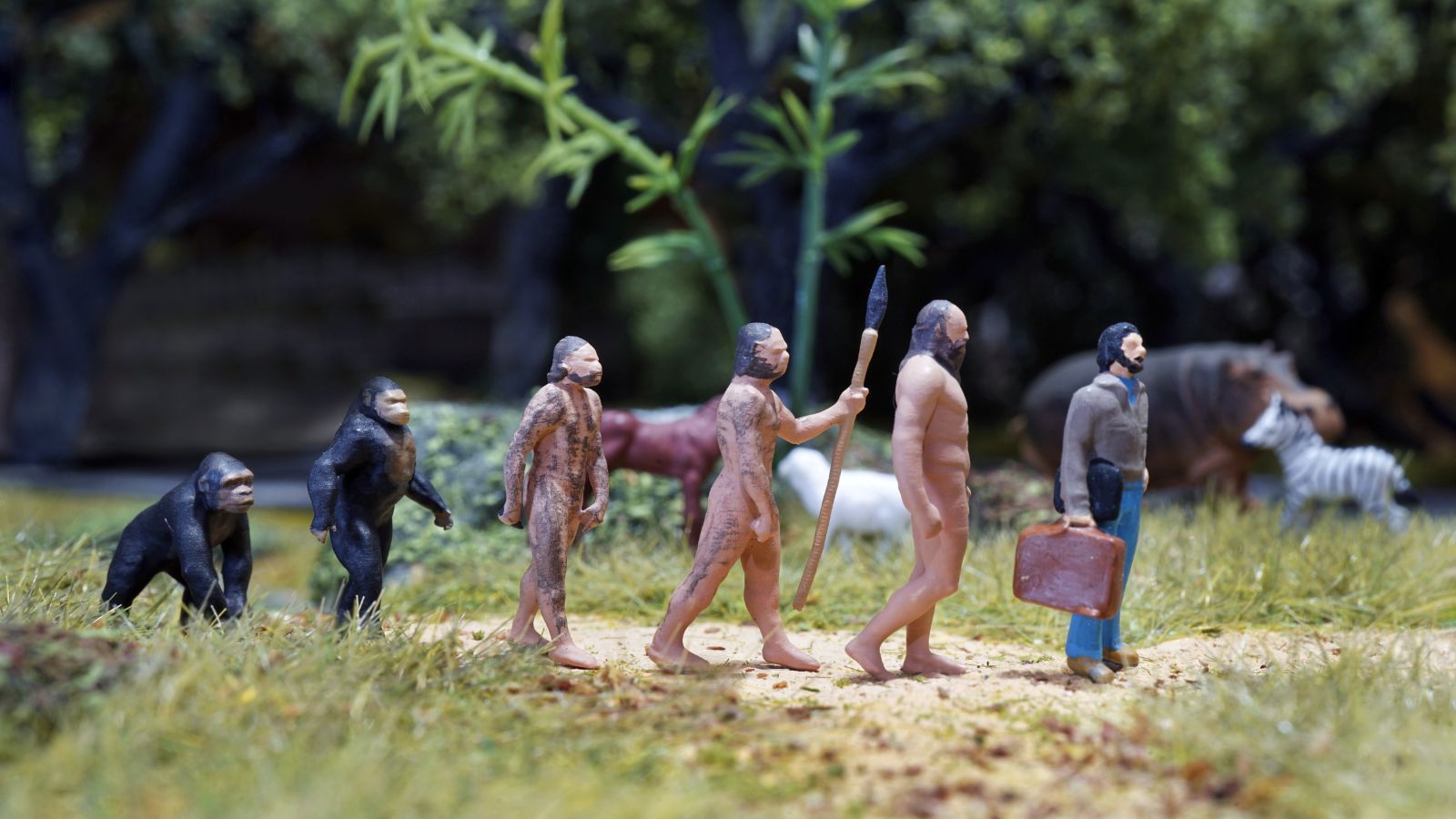
Evolutionary theory also plays a role in atheist perspectives on death. Understanding death through the lens of natural selection and adaptation provides a scientific context. This approach explains why death is a necessary component of life, contributing to the overall fitness of species.
Ethical Implications

Theories about death among atheists often include ethical implications. Without belief in an afterlife, the focus shifts to the ethical treatment of others and the environment during one’s lifetime. This perspective encourages responsible and compassionate behavior, knowing that actions have lasting impacts.
Personal Responsibility
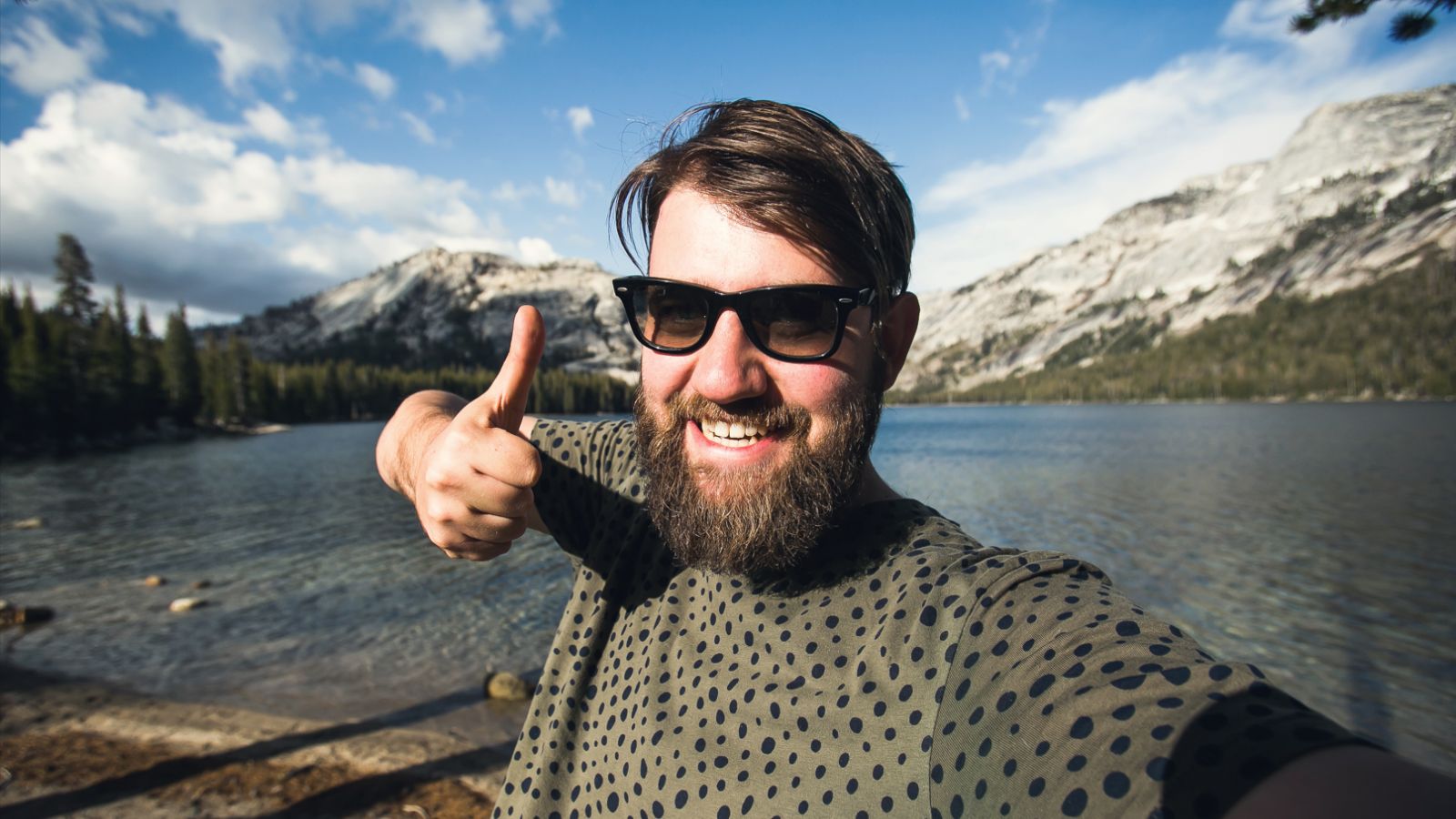
It’s not always easy to accept personal responsibility for your life and actions, but this idea is central to many atheist views on death. Without relying on supernatural judgment, individuals are accountable for their choices and legacies. This accountability fosters a proactive approach to life and decision-making.
Psychological Closure

Some atheists look for psychological closure when it comes to their theories about death. By understanding and accepting mortality, they can find a sense of peace and resolution. This kind of closure helps people cope with losing loved ones and facing their own eventual passing.
Philosophical Exploration
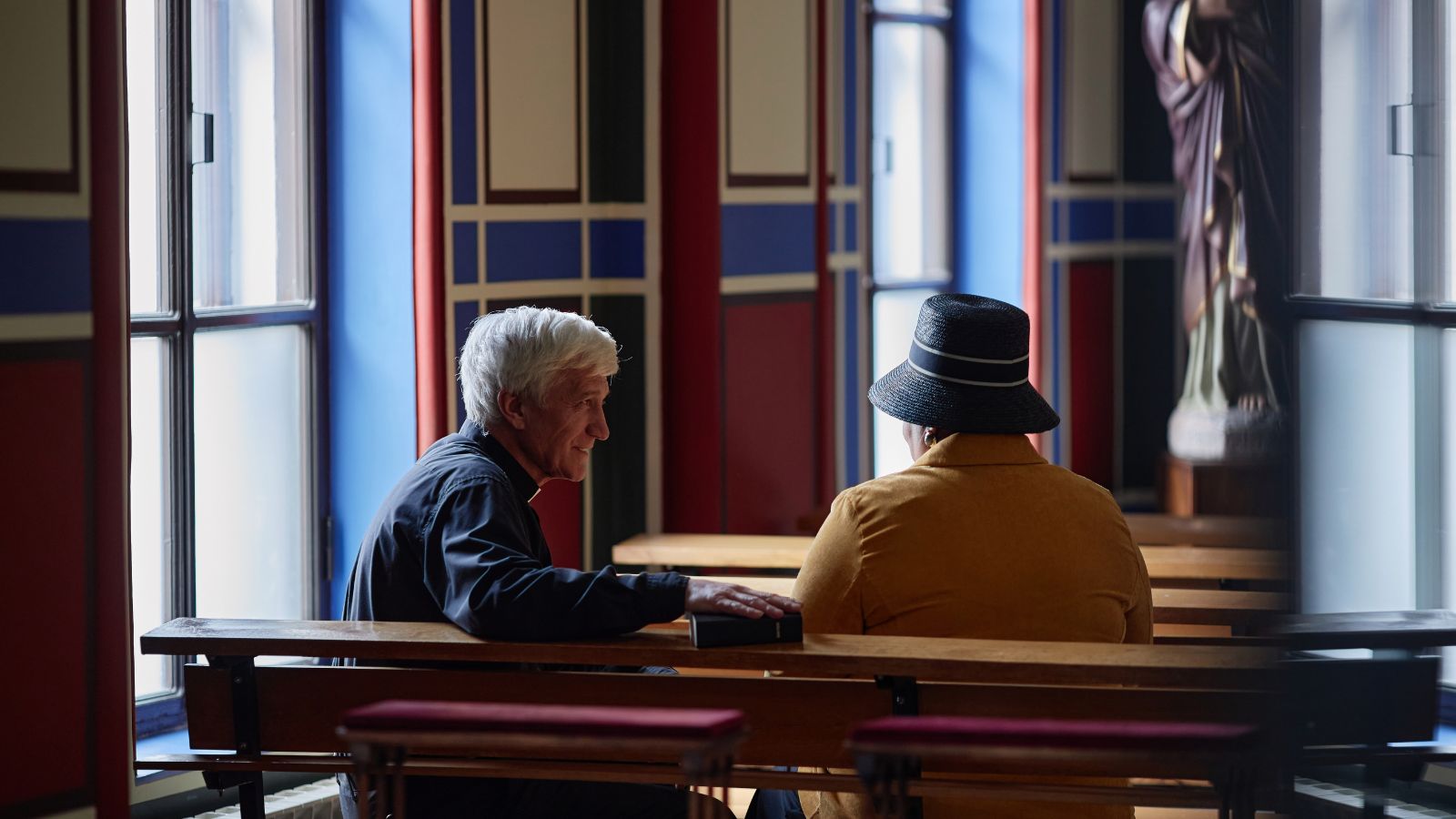
Philosophical exploration plays a big role in atheist views on death. By diving into concepts like identity, existence, and consciousness, they gain a deeper understanding of what it means to die. This intellectual approach offers a way to tackle complex questions about life and death.
Rejection of Supernatural

A lot of atheist theories about death involve rejecting supernatural explanations. This skepticism comes from a preference for empirical evidence and rational thought. By dismissing supernatural beliefs, atheists aim to understand death through natural and scientific lenses.
Social Contribution

Contributing to society is another important aspect of atheist beliefs about death. These theories often highlight the significance of making a positive impact on the world. This gives a sense of purpose and fulfillment, knowing that one’s efforts can benefit future generations.
Acceptance of Uncertainty
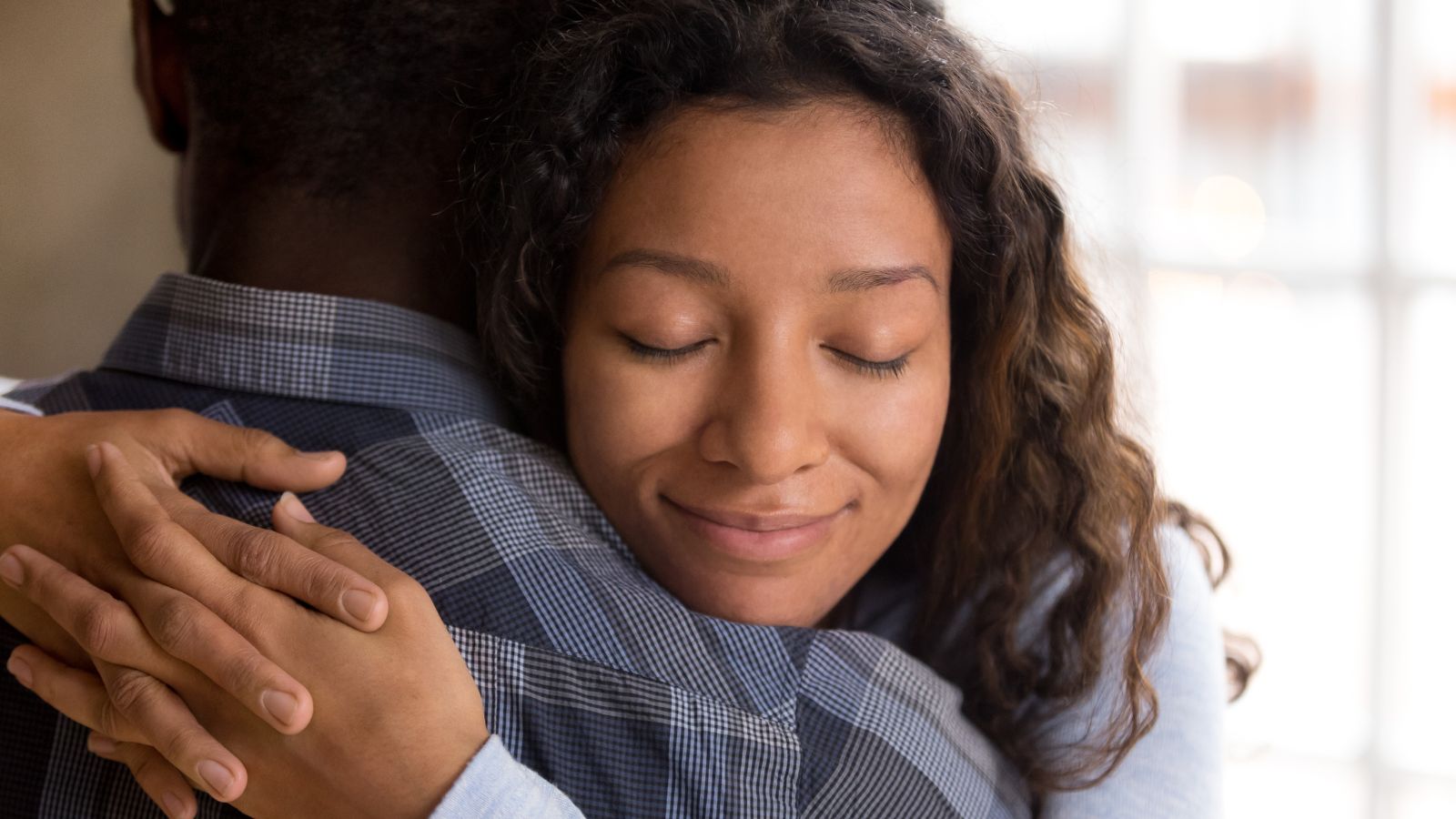
Finally, many atheists embrace the uncertainty surrounding death. By acknowledging the limits of human knowledge, they maintain an open-minded approach to life’s greatest mystery. This acceptance encourages a willingness to explore and question, rather than cling to unproven beliefs.
Up Next: 20 Seriously Stunning Natural Wonders Across America
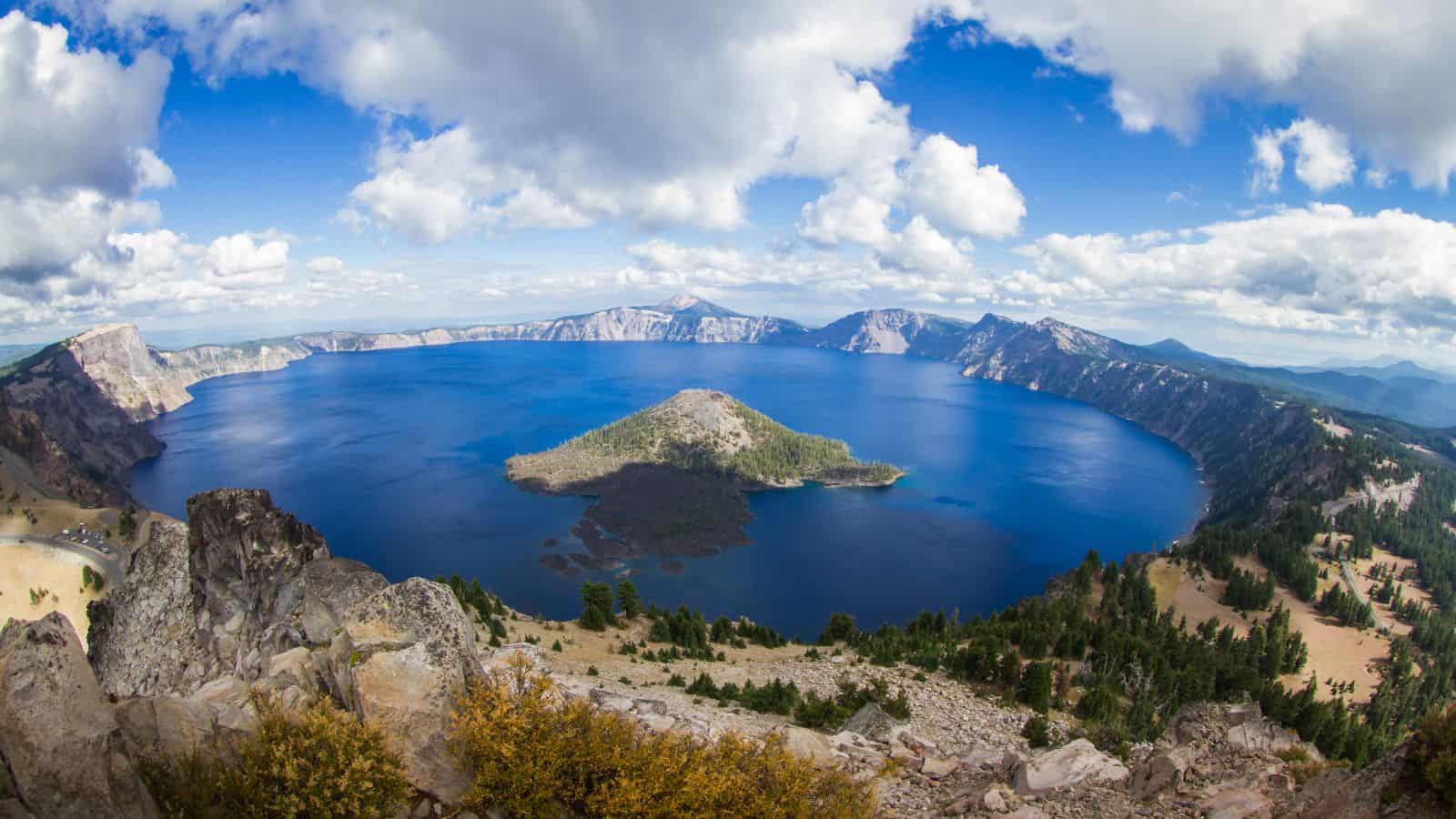
Geological wonders, diverse ecosystems, and impressive waterfalls—the U.S. is home to a huge range of breathtaking landscapes and natural wonders across its many national parks and attractions. Head to these 20 locations for true natural beauty and never-ending adventure opportunities.
20 Seriously Stunning Natural Wonders Across America
17 Places That Undercover Cops Will Always Monitor

While it isn’t always obvious, undercover cops play a crucial role in maintaining public safety. They blend into the background in various locations, carefully observing and acting to prevent crime. In this article, we’ll reveal 17 places where you’re likely to find undercover cops—though you can bet you won’t see them!
17 Places That Undercover Cops Will Always Monitor
17 Things You’re Just Too Old To Be Doing Anymore

The older you get, the more fragile you are physically and mentally, so it’s important to prioritize your well-being every day. Whether you still feel young at 50 or are closer to 80, we’ve compiled 17 things you’re too old to be doing anymore.

